Page 17 • (997 results in 0.021 seconds)
-
20 semester hours from PLU courses, equivalent transfer courses, or approved study away programs, depending on placement.
. French Language 4-20 semester hours, based on placement May include: FREN 101: Beginning French (4) FREN 102: Beginning French (4) FREN 201: Intermediate French (4) FREN 301: Advanced French (4) Must include: FREN 202: Intermediate French (4) French & Francophone literature, film, history, culture 0-16 semester hours selected from the following: FREN 310: French History, Culture, Society (4) FREN 311: Francophone Africa in Global Context (4) FREN 403: Topics in French Literature (4) FREN 404
-
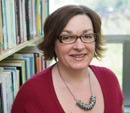
Professor of English | Department of English | marcusls@plu.edu | 253-535-7312 | Lisa Marcus joined the English department after completing a PhD in English at Rutgers University in 1995. She has been active in campus-wide diversity education and advocacy; she chaired the Gender, Sexuality, and Race Studies program for many years, and is a founding member of PLU’s Holocaust and Genocide Studies Program. She is deeply committed to first year education and regularly teaches a popular writing seminar on Banned Books for the First Year Experience Program. Her constellation of courses in the English department include: The Holocaust in the American Literary Imagination; American Literature 1914-45: Race, Sex, and War; Anne Frank as a Holocaust Icon; a senior seminar on History & Memory in US Slavery and Holocaust texts; an English Studies course on Gendered Literacy; Feminist Approaches to Literature; Women Writers and the Body Politic; and a first-year seminar on Holocaust Literature developed with Professor Rona Kaufman. Lisa also regularly teaches courses in the Holocaust and Genocide Studies and Gender, Sexuality, and Race Studies Programs. Her current research project is Snapshots of a Daughter: A Feminist Genealogy, a critical exploration of letters between Marcus’s mother and the poet Adrienne Rich, 1979-82. You can read a poem she published about visiting Auschwitz here. .
teaches a popular writing seminar on Banned Books for the First Year Experience Program. Her constellation of courses in the English department include: The Holocaust in the American Literary Imagination; American Literature 1914-45: Race, Sex, and War; Anne Frank as a Holocaust Icon; a senior seminar on History & Memory in US Slavery and Holocaust texts; an English Studies course on Gendered Literacy; Feminist Approaches to Literature; Women Writers and the Body Politic; and a first-year seminar on
-
36 semester hours, from PLU courses, equivalent transfer courses, or approved study away programs, depending on placement.
level at which to start. At least 12 semester hours must be taken in FREN-prefixed courses at PLU. French Language 4-20 semester hours, based on placement May include: FREN 101: Beginning French (4) FREN 102: Beginning French (4) FREN 201: Intermediate French (4) FREN 202: Intermediate French (4) Must include: FREN 301: Advanced French (4) French & Francophone literature, film, history, culture 12-20 semester hours, selected from the following: FREN 310: French History, Culture, Society (4) FREN 311
-
Our Thirsty Planet The 2012 symposium addressed the theme of water - a resource we are over-exploiting and over-using and yet the very resource upon which we must depend to survive.
acknowledge with gratitude the generous financial support provided for the 2012 symposium by: The Thor Heyerdahl Institute, The Port of Tacoma, The Benson Family Foundation, The Scandinavian Cultural Center and The Norwegian Ministry of Foreign Affairs.
-
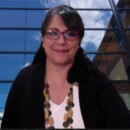
Professor of Hispanic and Latino Studies | Gender, Sexuality, and Race Studies | urdangga@plu.edu | 253-535-7240
Giovanna Urdangarain Professor of Hispanic and Latino Studies Phone: 253-535-7240 Email: urdangga@plu.edu Office Location: Xavier Hall - 111 Professional Education Ph.D., Indiana University, 2008 M.A., Hispanic Literature, Indiana University, 2001 B.A., Secondary Education Literature, Artigas Teacher Training Institute, Montevideo, Uruguay, 1991 Areas of Emphasis or Expertise Contemporary Latin American Narrative Southern Cone Dictatorial and Post-Dictatorial Narrative by Women Writers Memory
-
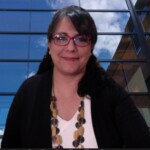
Professor of Hispanic and Latino Studies | Global & Cultural Studies | urdangga@plu.edu | 253-535-7240
Giovanna Urdangarain Professor of Hispanic and Latino Studies Phone: 253-535-7240 Email: urdangga@plu.edu Office Location: Xavier Hall - 111 Professional Education Ph.D., Indiana University, 2008 M.A., Hispanic Literature, Indiana University, 2001 B.A., Secondary Education Literature, Artigas Teacher Training Institute, Montevideo, Uruguay, 1991 Areas of Emphasis or Expertise Contemporary Latin American Narrative Southern Cone Dictatorial and Post-Dictatorial Narrative by Women Writers Memory
-
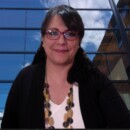
Professor of Hispanic and Latino Studies | Holocaust and Genocide Studies Programs | urdangga@plu.edu | 253-535-7240
Giovanna Urdangarain Professor of Hispanic and Latino Studies Phone: 253-535-7240 Email: urdangga@plu.edu Office Location: Xavier Hall - 111 Professional Education Ph.D., Indiana University, 2008 M.A., Hispanic Literature, Indiana University, 2001 B.A., Secondary Education Literature, Artigas Teacher Training Institute, Montevideo, Uruguay, 1991 Areas of Emphasis or Expertise Contemporary Latin American Narrative Southern Cone Dictatorial and Post-Dictatorial Narrative by Women Writers Memory
-

Professor of Hispanic and Latino Studies | Hispanic and Latino Studies | urdangga@plu.edu | 253-535-7240
Giovanna Urdangarain Professor of Hispanic and Latino Studies Phone: 253-535-7240 Email: urdangga@plu.edu Office Location: Xavier Hall - 111 Professional Education Ph.D., Indiana University, 2008 M.A., Hispanic Literature, Indiana University, 2001 B.A., Secondary Education Literature, Artigas Teacher Training Institute, Montevideo, Uruguay, 1991 Areas of Emphasis or Expertise Contemporary Latin American Narrative Southern Cone Dictatorial and Post-Dictatorial Narrative by Women Writers Memory
-
Originally Published in 2016 The German word for the humanities is die Geisteswissenschaften – literally translated, the sciences of the spirit or of the mind. The term, coined by the historian Wilhelm Dilthey in the 19 th century, has its roots in the German philosopher…
English we encounter the German loan word “Geist” in the term Zeitgeist, which describes the spirit of a particular historical juncture.) German speakers have become household names in the fields studied by humanities scholars, whether in literature (Johann Wolfgang von Goethe, the brothers Grimm, Franz Kafka), film (Werner Herzog, Wim Wenders), music (Wolfgang Amadeus Mozart, Johann Sebastian Bach, Ludwig van Beethoven), art (Caspar David Friedrich, Anselm Kiefer, Gerhard Richter), philosophy
-
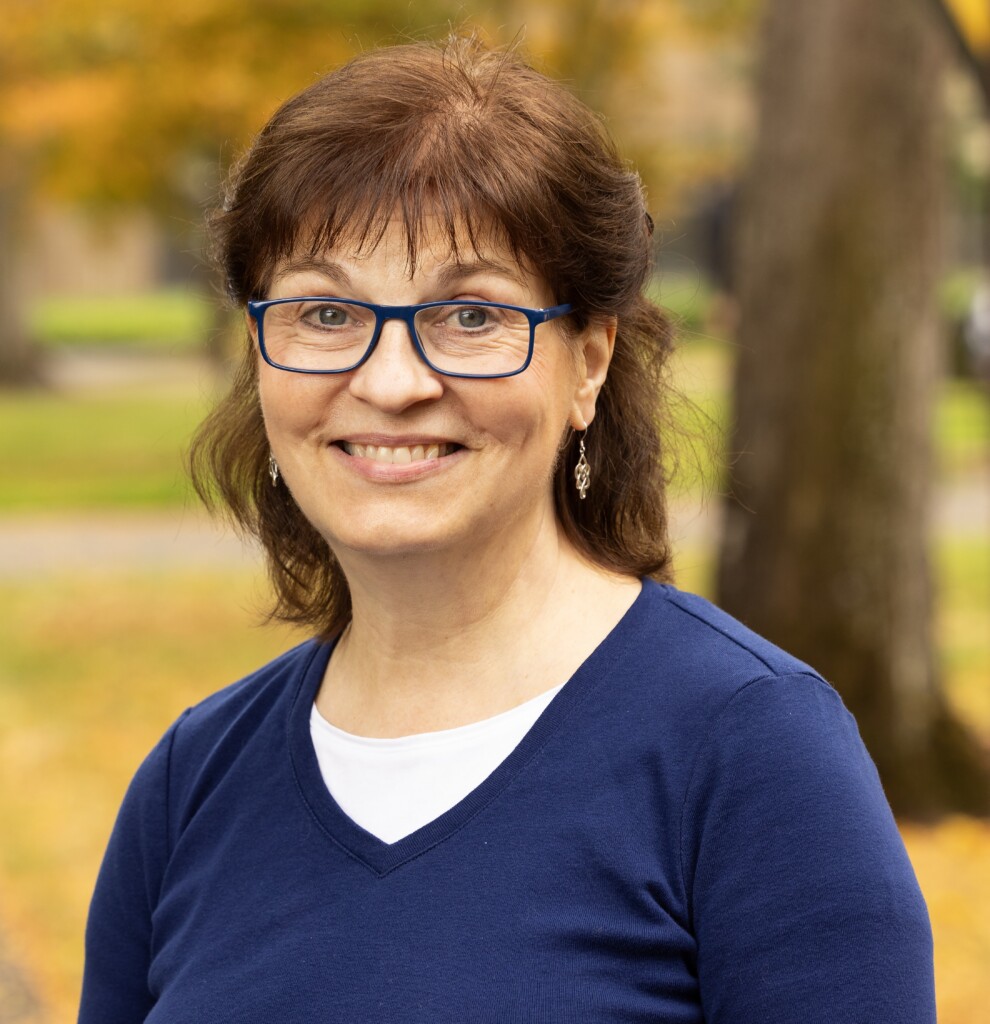
Associate Professor of English | Department of English | solveig.robinson@plu.edu | 253-535-7241 | Dr.
Solveig Robinson Associate Professor of English Phone: 253-535-7241 Email: solveig.robinson@plu.edu Office Location: Xavier Hall - 253 Curriculum Vitae: View my CV Professional Biography Additional Titles/Roles Director of the Publishing & Printing Arts Program Education Ph.D., English Language & Literature, University of Chicago, 1994 M.A., English Language & Literature, University of Chicago, 1987 B.A., English, Gustavus Adolphus College, 1983 Areas of Emphasis or Expertise History of the
Do you have any feedback for us? If so, feel free to use our Feedback Form.


